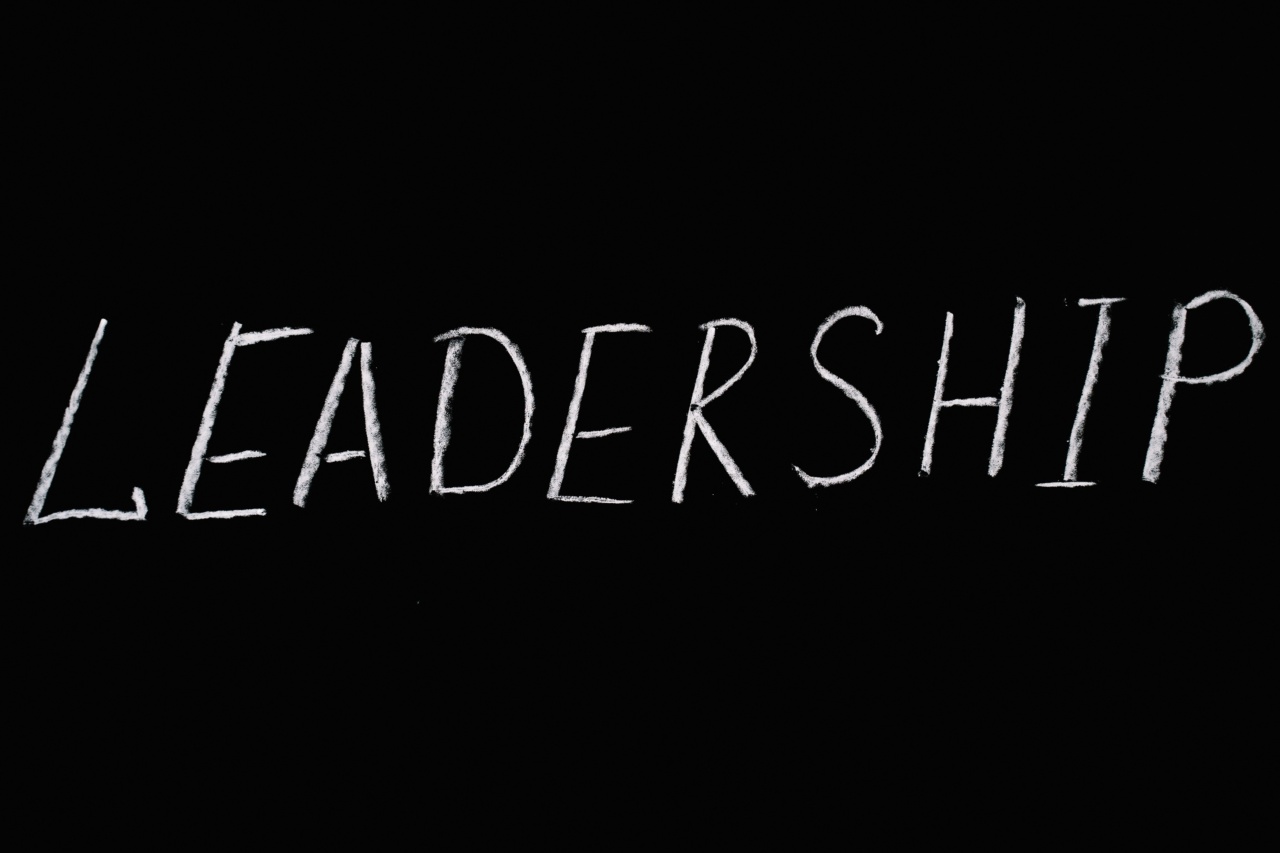Hypertension, or high blood pressure, is a common medical condition that affects millions of people worldwide.
It is generally considered a silent killer because it often has no visible symptoms, but it significantly increases the risk of heart disease, stroke, and other serious health problems. One way to manage hypertension is to control your salt intake.
Excessive salt consumption is a notorious contributor to high blood pressure, so it’s critical to understand how much salt you should and shouldn’t consume and how to maintain a healthy balance.
What is Salt?
Salt is a mineral substance composed mainly of sodium chloride. It is commonly used to add flavor and preserve food.
Sodium is an essential mineral that plays many critical roles in our bodies, such as regulating fluid balance, muscle function, and heart function. However, consuming excessive amounts of salt can lead to health problems, including hypertension.
How Does Salt Affect Hypertension?
When we consume salt, our body retains water to balance out the sodium concentration in our bloodstream. The retained water increases blood volume and creates additional pressure against the walls of our blood vessels, leading to hypertension.
Research shows that reducing salt intake can significantly lower blood pressure and reduce the risk of heart disease and stroke.
How Much Salt Should You Consume?
The American Heart Association (AHA) recommends that adults consume no more than 2,300 milligrams (mg) of sodium per day, which is roughly equivalent to one teaspoon of salt.
However, the ideal daily limit for many people, including those with hypertension, is closer to 1,500 mg of sodium per day.
Tips for Managing Your Salt Intake
Here are some practical tips for managing your salt intake and controlling your hypertension:.
- Read food labels: Many processed foods, snack foods, and even some beverages contain high levels of sodium. Always check the nutrition label to see how much sodium the product contains and make healthier choices.
- Cook at home: Cooking your meals at home allows you to control the amount of salt you add to your food. Experiment with other herbs, spices, and seasonings to add flavor to your meals without adding salt.
- Avoid adding salt: Try to avoid adding extra salt to your meals when cooking or eating.
- Eat more fresh produce: Fruits and vegetables are naturally low in sodium and high in other essential nutrients, making them an excellent choice for people with hypertension.
- Choose low-sodium options: Many supermarkets offer low-sodium versions of items like canned beans, soups, broths, and sauces. These options are an excellent way to reduce your salt intake while still enjoying your favorite foods.
- Eat out less: Many restaurants and fast-food chains serve high-sodium meals. Try to avoid eating out as much as possible, and choose healthier options when you do.
- Get creative: There are many ways to add flavor to your food without adding salt. Experiment with other herbs, spices, and seasonings like garlic, ginger, curry powder, and fresh herbs like basil, oregano, or rosemary.
The Benefits of Reducing Salt Consumption
Reducing your salt intake can have many health benefits, including:.
- Lowering your blood pressure: Excessive salt consumption is a significant contributor to hypertension, so reducing your salt intake can help lower your blood pressure and prevent other health problems.
- Reducing your risk of heart disease and stroke: High blood pressure is a significant risk factor for heart disease and stroke. By managing your salt intake, you can reduce your risk of both conditions.
- Improving kidney function: Excessive salt consumption can damage your kidneys over time. By reducing your salt intake, you can improve your kidney function and decrease your risk of developing kidney disease.
- Lowering your risk of osteoporosis: Many studies have shown that excessive salt intake can lead to calcium loss, which can increase the risk of osteoporosis. By reducing your salt intake, you can help maintain strong bones and reduce the risk of fractures.
Conclusion
Reducing your salt intake is a crucial aspect of managing hypertension.
By following the tips outlined in this article, you can take control of your salt intake and reduce your risk of serious health problems like heart disease, stroke, and kidney disease. Remember to read food labels, cook at home, avoid adding salt, eat more fresh produce, choose low-sodium options, eat out less, and get creative with your seasonings. These small changes can make a significant impact on your health and wellbeing.




























